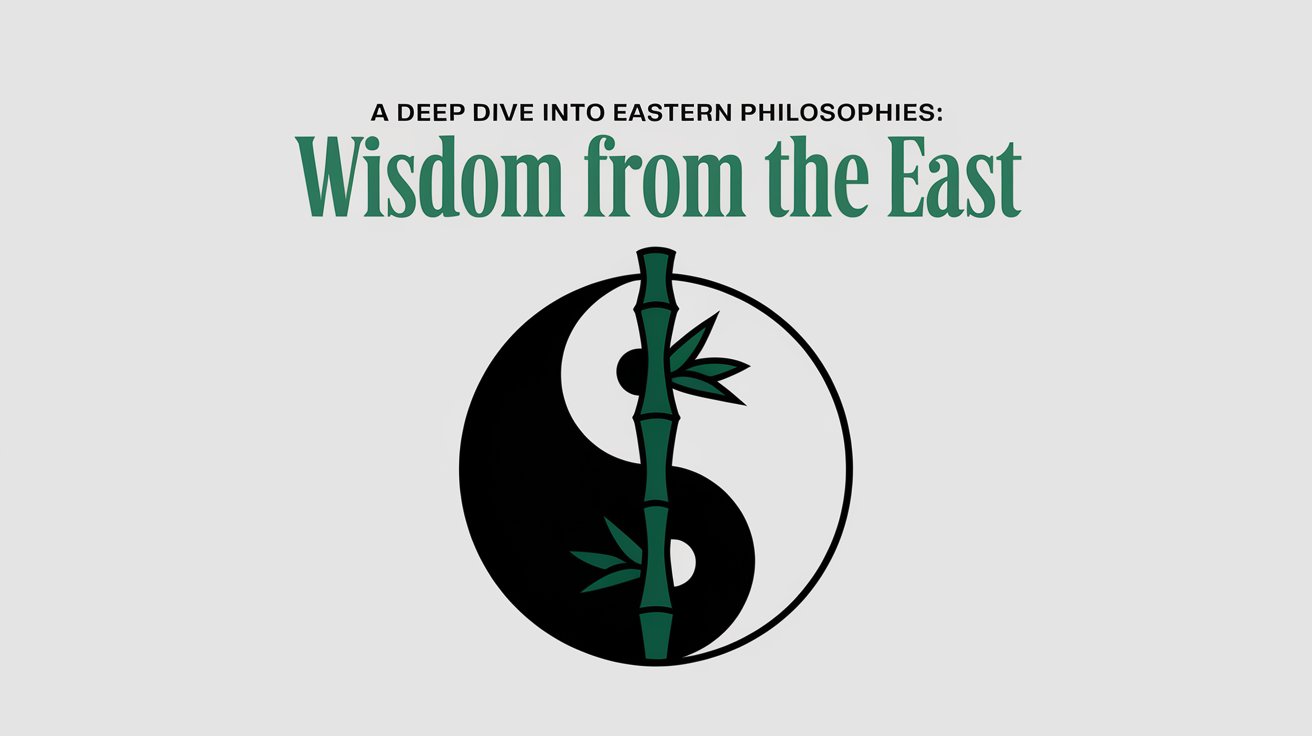
A Deep Dive into Eastern Philosophies: Wisdom from the East
The Historical Development of Eastern Philosophies
Eastern philosophies have a long and complex history that spans thousands of years. From the ancient Vedic period in India to the modern-day interpretations of Buddhism and Taoism, these philosophies have evolved and adapted to changing cultural and historical contexts.
Key Figures in Eastern Philosophy
Some of the most influential figures in Eastern philosophy include:
- Buddha: The founder of Buddhism, who taught the Four Noble Truths and the Eightfold Path.
- Lao Tzu: The founder of Taoism, who wrote the Tao Te Ching and emphasized the importance of living in harmony with nature.
- Confucius: The founder of Confucianism, who emphasized the importance of moral values, personal and governmental ethics, and correctness of social relationships.
- Krishna: A central figure in Hinduism, who taught the importance of devotion and selfless action.
Influential Texts in Eastern Philosophy
Some of the most influential texts in Eastern philosophy include:
- The Bhagavad Gita: A Hindu scripture that explores the nature of reality and the path to spiritual enlightenment.
- The Tao Te Ching: A Taoist text that emphasizes the importance of living in harmony with nature and cultivating a sense of inner balance and harmony.
- The Analects of Confucius: A collection of sayings and teachings attributed to Confucius, which emphasize the importance of moral values and personal ethics.
- The Dhammapada: A Buddhist text that explores the nature of reality and the path to spiritual enlightenment.
Core Principles and Concepts
Some of the core principles and concepts in Eastern philosophy include:
- The concept of karma: The idea that our actions have consequences and that we must take responsibility for our actions.
- The concept of reincarnation: The idea that the soul or consciousness is reborn into a new body after death.
- The concept of non-duality: The idea that the ultimate reality is a unified, undivided whole.
- The concept of mindfulness: The practice of being present in the moment and cultivating a sense of awareness and inner peace.
Conclusion
Eastern philosophy offers a rich and diverse range of perspectives on the nature of reality, the self, and the world around us. By exploring the core principles and concepts of these philosophies, we can gain a deeper understanding of the human condition and the path to spiritual enlightenment. For more information on Eastern philosophy, check out our eBooks on Philosophical Texts.


